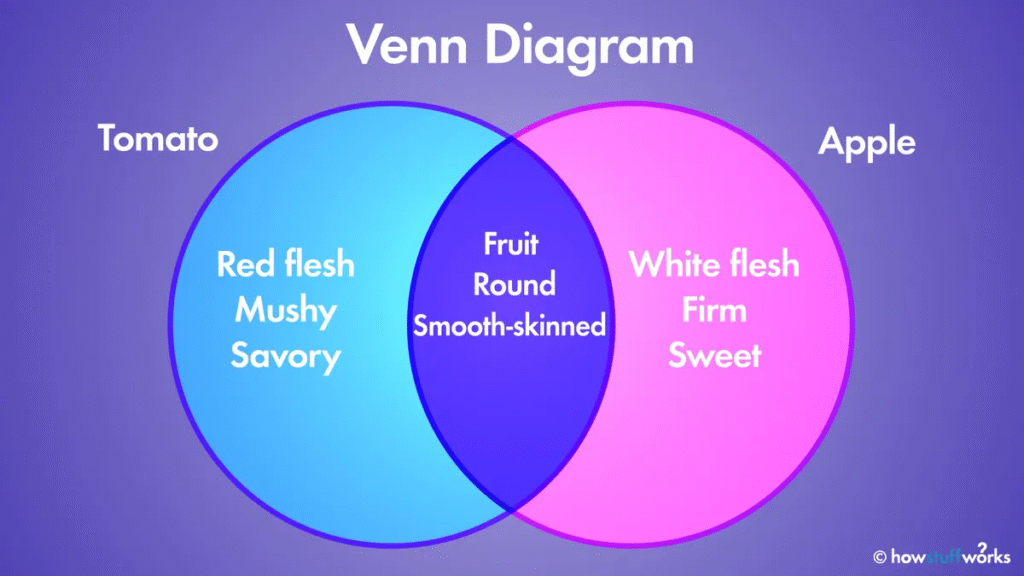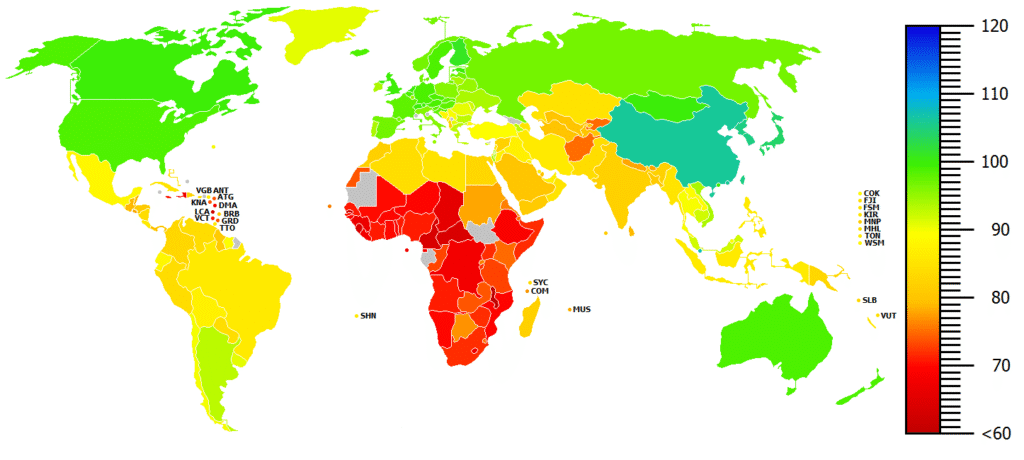1. What Does Abstruse Mean?
According to the Oxford Learner’s Dictionary:
“Difficult to understand.”
The OED elaborates that abstruse implies something obscure due to its complexity or depth.
Shabdkosh defines it as:
“Difficult to comprehend; hard to penetrate or unravel.”
In Simple Terms:
Abstruse is used to describe ideas, topics, or writings that are hard to understand, usually because they are very intellectual or deep.
2. Origin and Etymology
The word abstruse comes from the Latin abstrusus, meaning “hidden” or “concealed,” which is the past participle of abstrudere (to conceal or push away).
It entered the English language in the early 17th century and has been commonly associated with intellectual discourse ever since.
3. Synonyms and Antonyms
Synonyms:
- Recondite
- Esoteric
- Obscure
- Cryptic
- Arcane
- Complex
- Profound
Antonyms:
- Clear
- Obvious
- Simple
- Understandable
- Straightforward
4. Sentence Examples
- “The professor’s lecture on quantum physics was so abstruse that only a few students could follow.”
- “His abstruse writing style made it difficult for casual readers to enjoy the novel.”
- “Philosophy is full of abstruse concepts that require years of study to grasp.”
5. Usage in Literature and Media
The word abstruse has been a favorite among scholars and literary writers who wish to convey depth or challenge.
Literary Usage:
“He wandered into abstruse arguments that went far beyond his audience’s understanding.”
In Media:
- Often used in book reviews, academic critiques, and even documentaries to describe highly intellectual content.
6. Where You Might Encounter Abstruse Content
Academic Papers:
Especially in disciplines like philosophy, physics, mathematics, and law.
Technical Manuals:
Often use abstruse language that can confuse non-specialists.
Art Criticism:
Interpretations that are deeply symbolic or intellectual may be termed abstruse.
7. When to Use (and Not Use) ‘Abstruse’
Use When:
- Describing something intellectually challenging
- Writing formal or analytical content
- Discussing philosophical or scientific ideas
Don’t Use When:
- Talking about everyday problems
- Trying to sound smart in casual conversation—it can come across as pretentious
8. Comparison with Similar Words
| Word | Meaning | Difference from Abstruse |
|---|---|---|
| Esoteric | Known by a small, specialized group | Esoteric is more about exclusivity |
| Obscure | Not clear or hard to see/understand | Obscure may not imply depth |
| Recondite | Not easily understood due to complexity | Closest to abstruse in tone |
9. Abstruse Translations in Other Languages
| Language | Word | Usage Context |
| Hindi | जटिल (Jatil) | Describes difficult or complex things |
| Spanish | Abstruso | Literary or academic context |
| French | Abstrus | Used in scholarly discussions |
| German | Schwerverständlich | Refers to hard-to-understand text |
10. Abstruse in the Modern World
Though it may seem like a word of the past, abstruse still finds its place in modern contexts:
- In AI and tech: Describing complex algorithms
- In academia: For theoretical papers
- In culture: Interpreting dense art or literature
Conclusion: Unveiling the Abstruse
The next time you find yourself immersed in deep study or trying to articulate a complex idea, abstruse might be the perfect word. It’s a term that respects the challenge of understanding something layered and nuanced.
Embrace the abstruse—it just might expand your mind.
External Links
Visit our platforms:
🌐 Website: www.englishskillstudio.com
📘 Facebook: facebook.com/englishskillstudio
📸 Instagram: instagram.com/englishskillstudio
▶️ YouTube: youtube.com/@englishskillstudio







